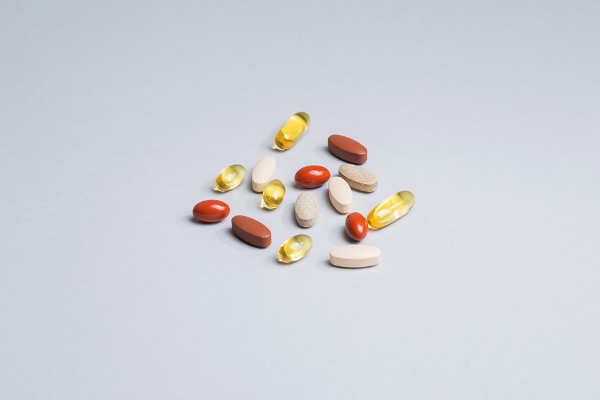 Credit: Pixabay
Credit: Pixabay
Luxembourg's Ministry of Health and Ministry of Agriculture, Viticulture and Rural Development have renewed their information campaign on the use of antibiotics in humans and animals.
On the occasion of European Antibiotic Awareness Day on Friday 18 November 2022, as well as World Antimicrobial Awareness Week from 18 to 24 November 2022, the aforementioned ministries recalled the importance of awareness around the responsible use of antibiotics.
According to the ministry, these days provide an opportunity to better inform the general public, health professionals and animal owners about the ever-increasing risks associated with the inappropriate use of antibiotics.
Antibiotic resistance is a major threat to health
Antibiotic resistance is the ability of a bacterium to become resistant to one or more kinds of antibiotics. It is therefore not humans or animals that become resistant to antibiotic treatments, it is bacteria that do. They can then cause infections in humans or animals that are more difficult to treat than those caused by non-resistant bacteria.
The increase in antibiotic resistant bacteria is largely due to repeated and inappropriate use of antibiotics in humans or animals. Because of this resistance, the world is running out of effective antibiotics to treat certain infectious diseases.
This therefore constitutes one of the greatest threats to public health in Europe, and "it is all the more important to change the way in which medicines are prescribed and used" warned Paulette Lenert, Luxembourg's Minister of Health, and Claude Haagen, the Minister of Agriculture, Viticulture and Rural Development.
Antibiotic resistance leads to longer hospital stays, increased medical expenses and increased mortality and morbidity. Currently, the European Union (EU) registers more than 33,000 deaths per year, due to infections linked to multiresistant bacteria.
How can citizens help reduce antibiotic resistance?
Following the joint efforts of the Ministry of Health and the Ministry of Agriculture, Viticulture and Rural Development, a National Antibiotics Plan was developed for the period from 2018 to 2022 has been readjusted and extended until 2024. This plan is part of the so-called "One Health" approach, which consists of the design and implementation of programmes, policies, legislation and research for which several sectors communicate and collaborate in order to improve public health outcomes.
In addition, a communication campaign is planned during this period of November to continue to raise awareness among patients and animal owners, as well as doctors and veterinarians, of this problem of the misuse of antibiotics.
Antibiotics should be used to treat bacterial infections only when prescribed by a licensed healthcare professional. Self-medication for humans and animals is prohibited. Antibiotic treatment should never be shared between several people and should be continued until the end. Nor should antimicrobials be set aside to be reused later. Antibiotic treatment prescribed for humans cannot be used in animals without veterinary advice.
This change in behaviour must also be accompanied by measures to reduce the spread of infections, such as better vaccination coverage in human and veterinary medicine, regular hand washing and compliance with standard hygiene rules and good food hygiene.








